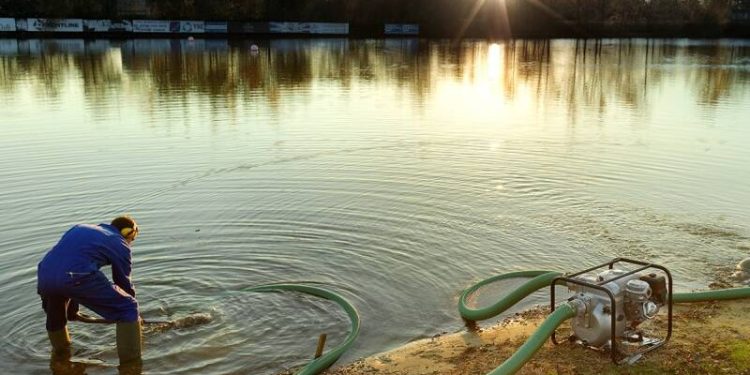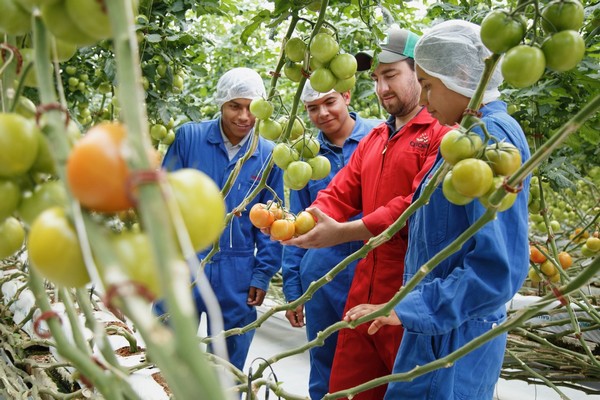#Greenhouseagriculture #irrigationwatermanagement #coolingtechnology #PhaseChangeMaterial (PCM) #energyefficiency #wateruseefficiency #cropperformance #sustainablefarming #agriculturalinnovation
Discover how greenhouse operators are revolutionizing their irrigation practices by utilizing pond water to optimize crop health and combat high temperatures. This article explores the benefits of incorporating pond water in greenhouse irrigation systems and highlights the success story of Under Sun Acres Inc. in leveraging pond water to cool fresh and treated leach water, ultimately reducing plant stress and improving overall plant health.
According to a study conducted by Lucas Semple of Under Sun Acres Inc., integrating pond water in the greenhouse irrigation process has proven effective in lowering irrigation water temperatures, providing significant benefits to plant growth and minimizing plant stress. The project, supported through the Ontario government’s Greenhouse Competitiveness and Innovation Initiative (GCII), showcases the successful implementation of this innovative approach.
In the project, Semple installed a series of temperature sensors in the pond to monitor water temperature at different points. By analyzing the data, he determined the optimal spots to extract cool water without compromising the pond’s temperature requirements during the hottest days of summer. Furthermore, the study revealed that factors such as pond size, depth, and rainfall patterns significantly influence the cooling capacity of the pond, with significant temperature increases observed after heavy rainfalls.
Incorporating pond water into greenhouse irrigation systems offers a promising solution to combat high irrigation water temperatures and reduce plant stress. The successful case of Under Sun Acres Inc. demonstrates the viability and effectiveness of this approach. By utilizing pond water in conjunction with cooling units and temperature monitoring, greenhouse operators can create an ideal environment for crop growth, enhancing plant health and overall productivity. Furthermore, considering the multifunctionality of stormwater retention ponds during the planning and design stage can provide additional benefits and future opportunities for growers.










